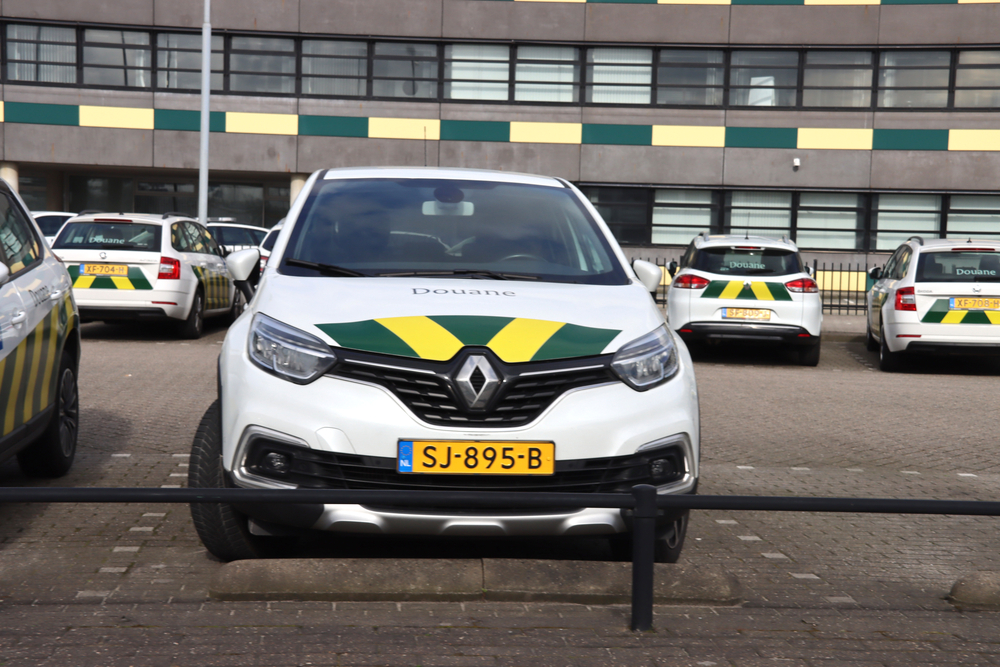Customs has the primary task of supervising the European Union's international trade.
It is important to emphasize that customs supervision and control are aimed at goods and not at persons. Customs focuses primarily on the presence and movement of goods. Customs is increasingly using cameras and drones to combat smuggling and the associated subversive crime. In order to strengthen the basis for the use of these camera images, State Secretary for Finance Aukje de Vries (Executions and Customs) has sent a bill on the processing of personal data at Customs to the House of Representatives.
Customs uses cameras in various places for its supervision. This concerns, for example, ports and airports. Lately, Customs has also been using drones more and more. Drones are used, among other things, to recognize snatchers: people who illegally take drugs from containers in the port. The camera images may contain personal data, such as license plates. That is why the State Secretary wants to further strengthen the foundations, safeguards and preconditions for the use of these camera images.

Customs uses cameras in various places for its supervision. This concerns, for example, ports and airports. Lately, Customs has also been using drones more and more.
Customs may take control measures for these supervisory tasks. In that context, customs uses fixed and mobile cameras, among other things. In addition, personal data may also be processed. The invasion of privacy that is then made is the reason for this bill. This proposal provides for the inclusion in the General Customs Act (Adw) of explicit principles, safeguards and preconditions for the use of cameras when personal data, including special personal data in a specific situation, are processed.
The bill also provides a basis for further rules to be laid down in an order in council to ensure the correct implementation and application of the legal provisions with regard to the use of
cameras when personal data is processed. The bill thus contributes to transparency and promotes legal certainty for those involved.
In the bill no proposal to amend the BES Customs and Excise Act has been included. If there is a need for this, it will be submitted by means of a separate bill. It should be noted that such a legislative proposal must be designed differently, since the law of the European Union in this respect does not apply to the BES.



